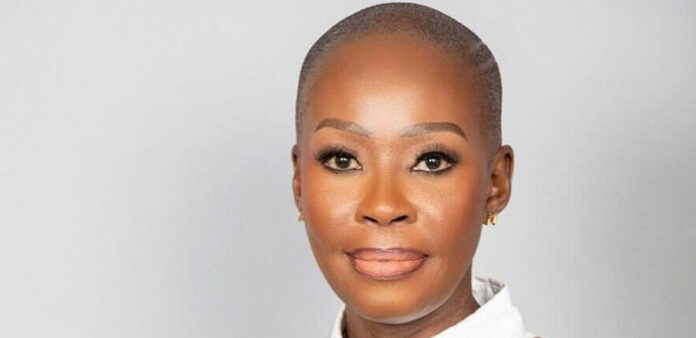When Independent Development Trust (IDT) CEO Tebogo Malaka slid R60 000 across a Stellenbosch wine farm table to silence a journalist, she was demonstrating everything wrong with South Africa’s leadership culture. The video footage, made public by the Daily Maverick, shows Malaka and spokesperson Phasha Makgolane offering cash to Pieter-Louis Myburgh to bury an ongoing investigation into her property dealings and IDT contracts worth R836-million.
The Malaka Family Trust’s defence of the CEO, however, appears to be a textbook case of blame-shifting, and an effort to avoid accountability.
By framing the incident as a politically motivated “trap,” the trust attempts to deflect from the core issue: the documented offer of a bribe. This narrative avoids confronting the damning vi-deo evidence and instead focuses on questioning the ethics of the journalist and the motives of the cabinet minister responsible for the IDT.
The family trust asserts Malaka never offered the bribe, and that the cash was produced by the IDT spokesperson, while also questioning the legality of the hidden cameras and alleging the incident is the result of a power struggle with Minister of Public Works Dean Macpherson. This is a common tactic in a “blame culture” where instead of owning up to their actions, individuals choose to point fingers to protect their reputations.
This is not criminal masterminding; it is criminal bungling of the highest order.
Macpherson has since opened a criminal case against Malaka and Makgolane, stating the alleged bribery is not just a criminal act but “an assault on the institutional framework of government”.
Malaka’s bungled bribery attempt sits within a disturbing pattern of South African officials who seem incapable of understanding the fundamental responsibilities of public office.
In April, two Emalahleni municipality MMCs were arrested at Witbank Dam for accepting a bribe.
The common thread running through these cases is not just greed but staggering leadership incompetence. These are not sophisticated criminal operations but crude smash-and-grab tactics by people who fundamentally misunderstand what public service means.
The South African National Editors’ Forum (Sanef) has condemned Malaka’s actions. This uncomfortable reality demands honest reflection from those in power about the standards they apply when filling positions.
Malaka’s pathetic plea to the journalist as captured on the video: “I have children, I have parents…” reveals someone who views accountability as persecution rather than a natural consequence of public office.
She displays zero understanding that transparency is not optional for public officials handling billions in taxpayer funds. This is a clear example of SA’s governance crisis stemming from appointing people who lack the character, competence, and understanding required for leadership.
The IDT case exposes how deeply this rot has spread. When a chief executive thinks offering journalists cash to suppress investigations is reasonable, we are not dealing with isolated corruption but systemic failure of leadership and accountability. The question is not whether we can afford better leaders, it is whether we can afford to keep the ones we have.
South Africa desperately needs leaders who understand that public office is about service, not self-service, and until we demand this standard, we will continue watching our democracy erode.
- Qaba is a PhD scholar, works in communications in government



